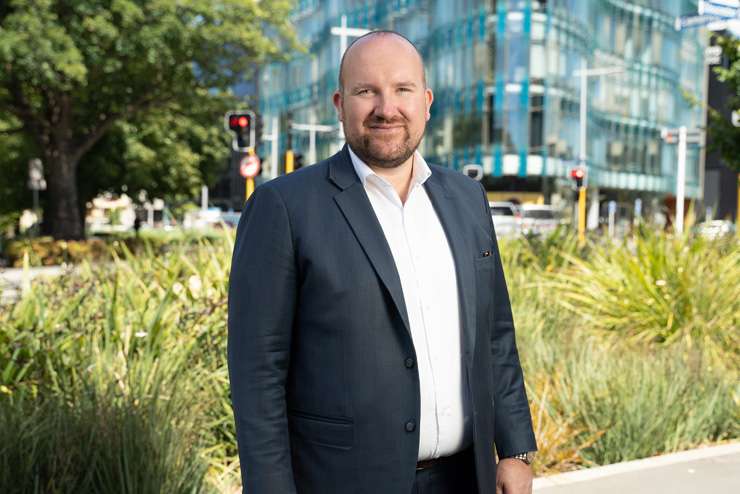Homeowners faced with refixing their mortgages early next year are starting to panic as their current low interest rate looks set to more than double sending their repayments sky-high.
The jump will see homeowners, who purchased in 2021 and 2022 at around 3%, now pay about 7% on their loans. Interest rates could also increase again if the Official Cash Rate (OCR) moves beyond 5.5% on November 29.
Some 54% of all mortgages are due to come off the fixed rate within the next 12 months undoubtedly putting some households under pressure, Reserve Bank of New Zealand data shows.
Kiwi Mortgages mortgage adviser Jatinder Singh said a lot of his clients were worried about how much the extra repayments were going to be because in some cases it was thousands of dollars more a month.
Start your property search
He had one client who had borrowed $1.3 million in January 2021 with a fixed three-year interest rate of 2.99%, leaving him to find an extra $3500 a month when he goes to refix at around 6.8% to 7% next year.
Read more:
- Zuru Toys billionaire pays $24m-plus for Herne Bay bowler
- Sir John Key's former beach house up for grabs
- Revealed: Where council rates are hurting the bottom line
Singh said it was a “hefty increase” and one that many existing homeowners were facing.
“It’s more than double the interest rate – $3500 a month is one person’s salary. A lot of people aren’t earning that much in a month, and this is what he actually has to pay.”
Other clients were having to cut their spending and pick up second jobs just to make ends meet, he said.
“I can tell you that a lot of people I’m meeting are struggling at the moment.”
While no one had got to the point of having their house sold in a mortgagee sale, Singh said more people were facing hardship so only time would tell.
The high interest rates were also making it hard for first-home buyers to get in the market and a client of his wanting to purchase a $700,000 house with a low deposit would have to stump up $1200 a week just to cover the repayments.

CoreLogic chief property economist Kelvin Davidson said so far people seem to be coping with the rising mortgage repayments. Photo / Peter Meecham
CoreLogic chief economist Kelvin Davidson said the average fixed mortgage rate was 5.16% so for many homeowners it was only likely to go up.
“In some ways you could say we are only halfway through this process.”
While the high interest rates were going to hurt for some people, especially with unemployment on the rise, he said so far the process had been pretty smooth.
“There’s been almost no mortgagee sales, there’s no non-performing loans on the banks’ books, it’s been managed.”
There were also options for people who were struggling and they could switch to paying interest only, extend the term of their bank loan or take a break from repayments, he added.
“Ultimately repayment problems and a mortgagee sale doesn’t really benefit anyone.”
Loan Market mortgage adviser Dave Williams said the repayment costs had moved to being at the top of people’s minds.
Williams said six months ago buyers would find a property first and then worry about the cost of the repayments, but now people were calculating the repayments and looking for something cheaper.
“As soon as they work out the repayments on a calculator that conversion between what they are paying in rent and what they have to pay on mortgage is quite a significant jump.”
Although interest rates are high, Williams said the biggest driver for first-home buyers to buy was a fear that house prices had hit the bottom and could be on the way up again.
“People don’t care whether it’s 1 or 10% all they see is house prices are on the way up so we need to get in now.
“Most of my book at the moment is first-home buyers and they are more concerned about getting a property for a decent price.”
However, borrowers could see the advertised interest rates drop when it came to fixing their interest rates.

EasyStreet Mortgages financial adviser Gareth Veale said banks seemed willing to negotiate down from the advertised interest rates. Photo / Supplied
EasyStreet Mortgages mortgage adviser Gareth Veale said the banks did seem more willing to negotiate with brokers than he had seen for several years.
“There’s a lot of negotiating power. Banks are advertising 7.45% and doing 6.99% for one year.”
ANZ had this week upped their test rate for serviceability to 9.1%. Veale said such a small jump of about 0.15% would not hugely impact how much someone could spend on a house and would probably only reduce someone’s borrowing capacity by about $10,000.















































































